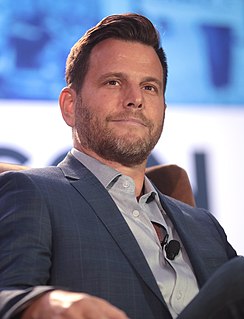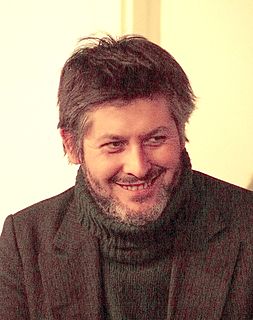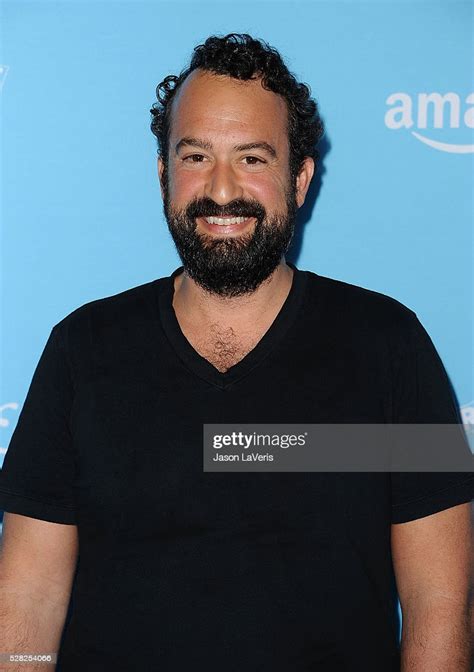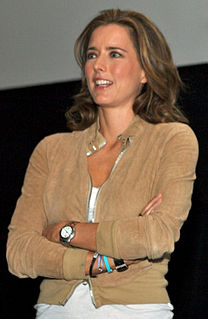A Quote by Ray Stevenson
Hence the genius of having Ken steer this ship as well. You have to invest these characters with a Shakespearian quality and not in a way that might disengage the audience but in a way that actually lets you play to an audience.
Related Quotes
Silence Of The Lambs? is a ?fantastic? film. It's a horror film, and it's an incredibly well-told film that is about point of view in such a unique way. The way that film is shot, the way the eyelines are so close, if not directly into camera, betrays an intimacy with the characters and the audience.
I was really sick of bands just ignoring the audience as a posture in rock music. And I think we fed off each other in terms of trying to engage the audience, not in a hammy way, but actually trying to be aware of the space that you are playing in and trying to connect in some way through the music.
The way Donald Trump talks about the problems of black Americans as a kind of separate group who are not part of his audience but he's kind of reaching over his audience or behind his audience to black Americans, saying what have you got to lose? As in you might as well join me because the Democrats haven't done anything for you. But joining me means joining this group that already supports me.
The most stressful and difficult part of steering a large movie is that you are taking on the responsibility of communicating with a very wide audience. You can't ever hide behind the notion of, 'Okay, they just don't get it,' or, 'Certain people just don't get it.' You have to be mindful of the size of your audience, and you have to communicate in a way that lets them in.
If I can get the audience to connect with the characters emotionally - and they love who they are, they love the larger-than-life situation that they're in, but most of all get the audience invested in the characters - then I always feel like I can sort of put them in the most outrageous circumstances, and the audience is okay to go with that.




































